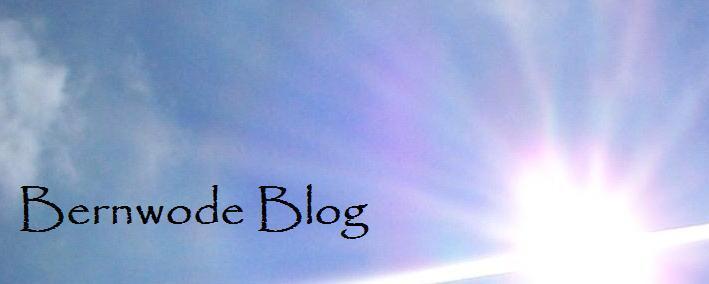I have recently made friends with someone who has memory problems. Her mind is sharp, but her memory is terrible, so she will ask me over and over again the same questions – what day is it, what is your name? It is a disability, she can no longer look after herself and she needs to live in a home. It is a stark metaphor to me as to why we need to remember.
Memory serves an important purpose – it keeps us safe – as children we burn ourselves and remember not to do it again. We rely on those who do remember to warn us about dangers. Those in our communities those who can remember the most as a result of their age and often harsh experiences have wisdom and we would do well to listen to them.
Many of us here have been touched by war and by conflicts. In my family the war is never far away because my dad was injured in the war and has no hearing in one ear and limited hearing in the other. It has dogged him all his life, and in later life he has suffered panic attacks. He never mentions the war. He would rather not remember. Also, my Granddad on my mum’s side was injured in the first world war and died when he got home, leaving my gran widowed with two small children. She remarried a cruel man and the agony went on. She was emotionally absent. I think she wanted to forget too. My uncle served in Asia, was captured by the Japanese and returned home almost dead with stories of extreme cruelty. My mum’s cousin was captured by the Germans and imprisoned in Stallag. Add your stories to my stories and we have a lot of pain and suffering to remember, and a lot of ordinary men and women who had hopes and dreams and families and promising lives that were cut short, broken, lost.
Today we remember those who have fallen in all the wars and conflicts, and remember those who have been lost recently. We kneel before God and ask for it to be different. We ask for peace in our world, but we also ask ourselves what we can do differently.
I listened to a talk by a man called Giles Fraser who said that after the Civil War in England, after Catholics and Protestants had burned each other to death over whether the bread and wine were the actual body and blood of Christ, after everyone had become sick of the smell of burning flesh and the fear of reprisals, we declared a peace treaty. The Church of England is the peace treaty. The Book of Common Prayer was carefully worded such that you could believe all manner of theology, but ultimately we all kneel at the same altar and worship God together. Is it really worth killing each other about these things? In the end, the answer was no, and polite dinner rules were brought in whereby no one talked about religion, politics or sex. The capacity to disagree whilst still respecting the other is desperately needed in our world.
The other thing that is desperately needed is equality. Those groups who become radicalised have often been oppressed and marginalised for years. If we don’t want to send our young men and women to war, then working for equality and tolerance in our families, in our villages, in our country and in our world is a very good place to start.
So let us take a moment to remember, remember how dreadful war is, remember those who made and make huge sacrifices for us, and think about how we can work to promote tolerance and equality in our world.










Great sermon. My Mum said she felt guilty that, as the time of her childhood, WWII was a good time - childhood's end for her came in 1946, when the Far East POWs came home.
ReplyDeleteThanks a lot for the post.It's certainly a good deal.Have a nice time.
ReplyDelete